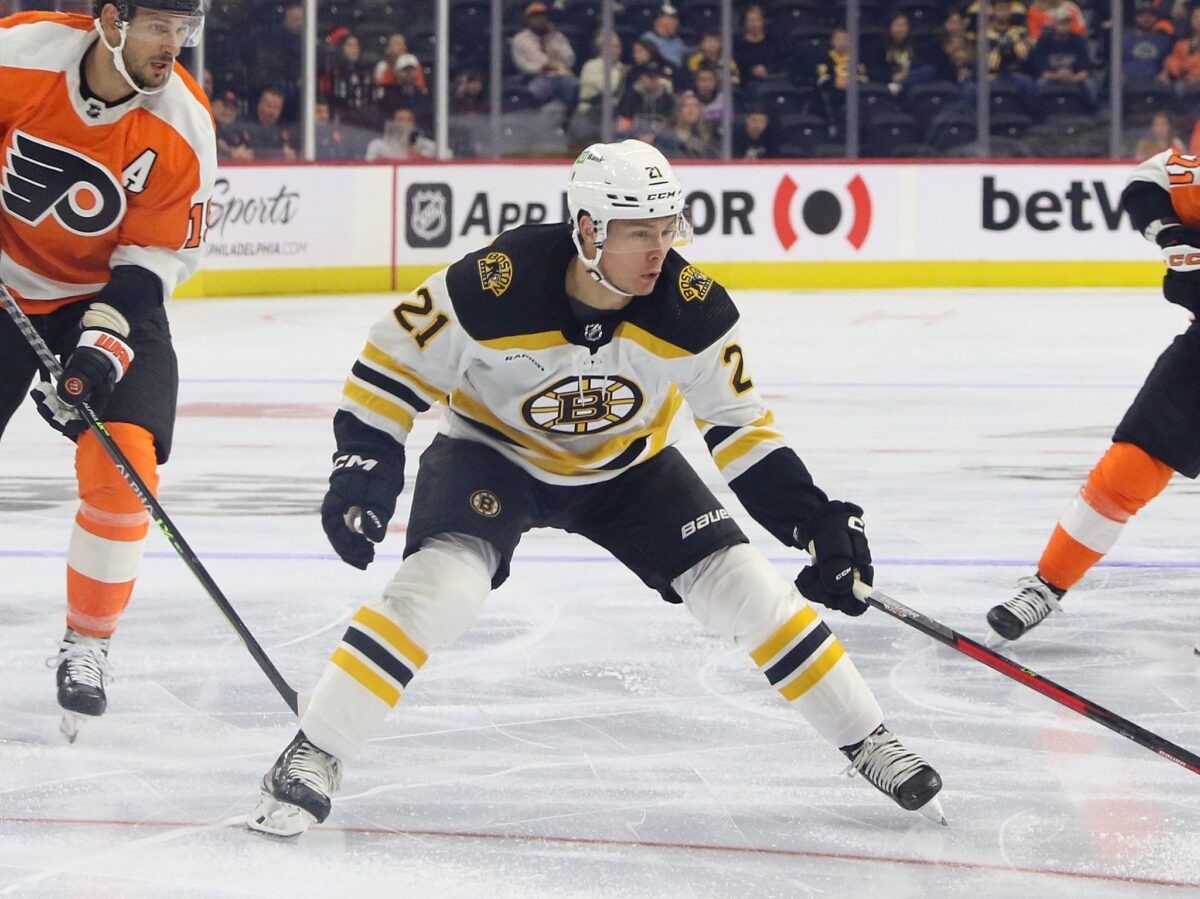Canada has bounced back at the World Junior Championship (WJC) since their 5-2 loss to Czechia, having dominated Germany and Austria 11-2 and 11-0, respectively. With a win over Sweden, they could finish first in their group and have an easier route to a gold medal. If they do achieve this, winning two games against the two weakest teams in the group doesn’t mean Canada is the better team; they still have holes in their game that will need to be fixed to ensure they reach the gold medal game and win.
Canada’s Goaltending Still an Issue
Canada has allowed only two goals in their last two games, both in their game against Germany. They have allowed seven goals overall in the three games they have played so far, which isn’t bad, just over a 2.00 goals-against average (GAA). The issue is they have allowed 55 shots – even with the shutout of the Austrians – and their save percentage (SV%) is only .873. This could be problematic when facing higher-skilled teams as they advance to their next game against the undefeated Swedish squad.

Thomas Milic has the best numbers after one start and replacing Benjamin Gaudreau in the Czechia game. He has stopped 24 of the 26 shots he faced and will most likely be starting against Sweden. He stopped all ten shots he faced against Czechia and 14 of the 16 shots against the weaker Germans; both goals he allowed against Germany could be considered weak or stoppable.
Milic did have long bouts of inactivity during the Germany game, which could have broken his concentration and led to some mental lapses. Gaudreau did get the shutout against Austria but faced only 12 shots, none of them being challenging. Against Czechia however, he let in a few stoppable pucks that could have changed the game’s outcome. If Canada’s goalies don’t shore up, they could be in trouble when they hit the medal rounds and face stronger competition.
Canada’s Defence Needs Work
We can’t discuss goaltending and its issues without bringing up the defence. Canada’s defence had a lot of miscues in the first game against Czechia, where the Czech players used their speed to the outside to create quality chances and used the cycle to create defensive breakdowns in Canada’s zone. Germany also caused Canada to have defensive breakdowns with quick puck movement and speed, they just didn’t have the skill to finish their plays and get quality scoring chances.
Related: 2023 WJC 3 Up, 3 Down: Canada vs. Germany
If a team like Germany, one of the minor skilled teams in this tournament, can create enough havoc in the Canadian zone to cause defensive breakdowns, then teams like Sweden, the USA, and Finland could create even more problems. Canada still has Sweden left to play in the round-robin, and if they did their homework, then it will be interesting to see how the defence will react to the highly talented and fast Swedish team.

Sweden has 16 drafted players playing in the WJC, including two loaned from NHL teams. The USA is a highly skilled offensive team, along with Finland. Czechia has already proved what it can do against Canada’s defence; if Canada doesn’t tighten up defensively, they could have even more significant problems against the other top teams in the tournament, especially when they start playing games that count in the medal round. Their offence is potent enough to counter any defensive issues, but like in game one, if it is shut down, so could Canada’s medal hopes.
Canada Needs More 5-on-5 Offence
Canada has 24 goals in three games at the WJC tournament. That’s an average of eight goals per game which is pretty impressive. Eleven of those goals, however, have come via the power play (PP), which has looked almost unstoppable so far in this tournament. So why would anyone think they need more offence? The reason is that nearly half of their goals were scored on the PP, and 22 of those total goals came in two games against weaker teams. If Canada wants to succeed in the medal rounds, they can’t hope that the PP will be the answer.
Related: 2023 Guide to the World Junior Championship
It could be argued that Canada also lacks secondary scoring, with 13 of their 24 goals coming off the sticks of just three players; Connor Bedard with six, Shane Wright with three and Dylan Guenther with four. There are two other players with two goals each: Joshua Roy and Logan Stankoven, but they have been playing with Bedard and when you play with a guy who has 14 points in three games, you’re bound to get a goal or two. The offence probably isn’t something Canada is overly worried about. Still, if they have a hard time generating offence without Bedard on the ice, they will be in a heap of trouble moving forward into the medal rounds.
Coming into this tournament, Canada was one of the favourites to win, but after their opening game loss, the cracks in their armour are becoming more apparent. Facing Germany and Austria back-to-back didn’t help because it’s hard to gauge how good they are playing against teams they should dominate. Goaltending and defence will be the biggest concerns in the medal rounds; the offence should be good enough to be too much of a problem.